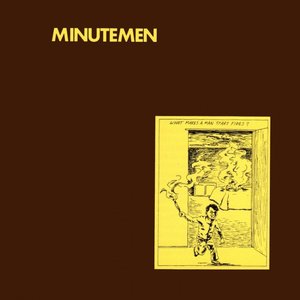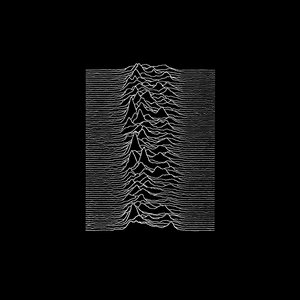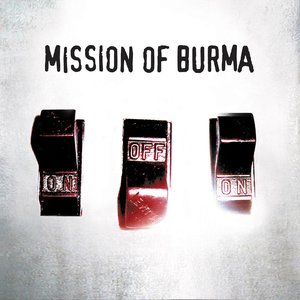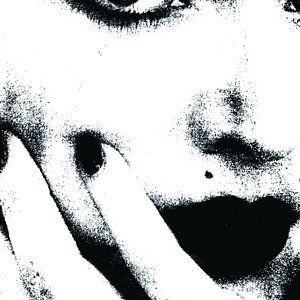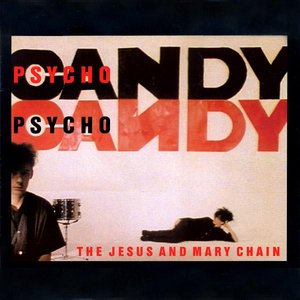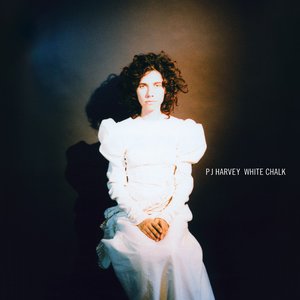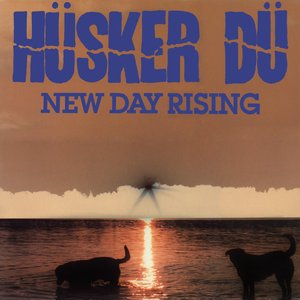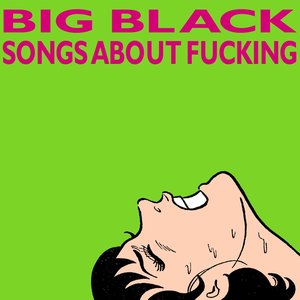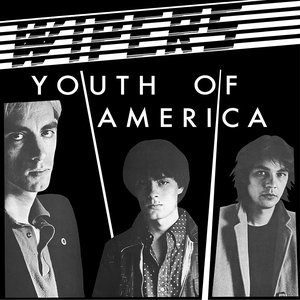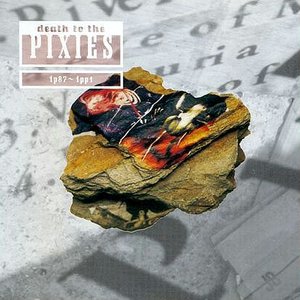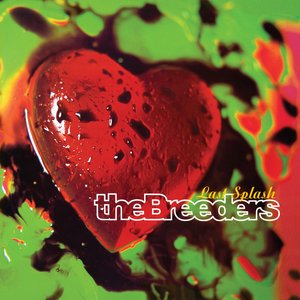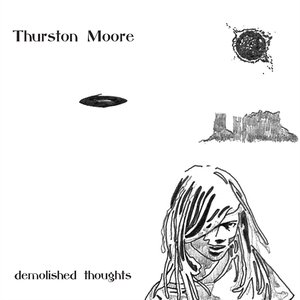Wiki
-
Release Date
1 January 1992
-
Length
15 tracks
Dirty is the seventh full-length studio album and second double album by American rock band Sonic Youth, released on July 21, 1992 by DGC Records. The band recorded and co-produced the album with Butch Vig in early 1992 at the Magic Shop studios. The sound on Dirty was inspired by the popularity of grunge music at the time, and has been described by Billboard magazine as avant-rock. Some songs on the album mark the first appearance of three guitars in a few Sonic Youth songs.
Dirty reached number 83 on the US Billboard 200 and number six on the UK Albums Chart. The album spawned four singles: the lead single "100%" charted well, but was not the crossover hit the label anticipated, followed by "Youth Against Fascism", which did not chart as well. The last two were "Sugar Kane" and "Drunken Butterfly", with the former performing better commercially than the latter. In support of the album, Sonic Youth embarked on the "Pretty Fucking Dirty" tour of 1992 and 1993, where they played most of the album during sets. In late 1992, they toured North America, and in early 1993, they toured New Zealand and Australia and released the Whores Moaning EP, which featured most of the "Sugar Kane" B-sides.
Following the release of Daydream Nation in 1988, Sonic Youth were interested in signing with a new record label. By the middle of 1989, the top contenders for the band's new label were A&M Records, Atlantic Records and Mute Records. Between late 1989 and early 1990, Geffen Records announced its interest in signing the band. Sonic Youth eventually signed a five-album deal with Geffen for an estimated $300,000. However, the band was disappointed when they discovered that the albums would be released on the newly created Geffen sub-label, DGC Records.
In 1990, the band released Goo, which achieved moderate commercial success, peaking at No. 96 on the Billboard 200 in the United States and charting in the Netherlands, New Zealand and the United Kingdom. Critical reception to the album was positive. To support its release, Sonic Youth toured Europe and North America twice in 1990. Preceding the mainstream breakthrough of alternative rock and grunge, the band toured Europe again in late summer 1991 with Nirvana, Dinosaur Jr, Babes in Toyland and Gumball. On this tour, they premiered "Orange Rolls, Angel's Spit" and "Chapel Hill", both of which would later appear on Dirty. The latter tour was chronicled on the documentary 1991: The Year Punk Broke, directed by Dave Markey. In November, they began demoing songs on 8-track at their rehearsal space in Hoboken.
For Dirty, Sonic Youth worked with producer Butch Vig and mixer Andy Wallace, who both had worked in the same roles on Nirvana's Nevermind, although this was not why the band chose them. On the album's sound, Pitchfork would later opine that "they weren't entirely catering to the new ears Nirvana's success was sending their way", but "were at least taking it into consideration on a semi-conscious level". During his first meeting with the group, Vig told the band that he wanted to tighten the song arrangements and focus on crafting the guitar sounds. Vig quickly landed the producer job for the record. During a visit to the apartment of Sonic Youth members Thurston Moore and Kim Gordon, Moore told Vig he wanted the album to sound like an obscure Mecht Mensch single that Vig had produced.
The band sent a series of cassette tapes to Vig in late 1991, featuring their new compositions. Vig was pleased but also uncertain, as the tapes consisted of long instrumentals, and the producer was unable to discern the song structures. The second batch of cassettes that Vig received demonstrated that the band had performed some self-editing with its compositions. Vig moved to New York City for three months in early 1992 and the band began recording the album at the Magic Shop in March. Ian MacKaye of Fugazi contributed guest guitar on "Youth Against Fascism". The last song on the album, "Crème Brûlée", was recorded when Gordon was randomly playing guitar and singing with Shelley playing the drums, while Moore was trying to turn on his amplifier and guitarist Lee Ranaldo was recording the whole thing.
After recording was completed, the album needed to be trimmed down from 18 tracks. Moore, Gordon and the band's A&R person, Gary Gersh, agreed that Ranaldo's song "Genetic" would be removed. Ranaldo did not react well to the decision; coupled with personal issues he was facing at the time, it led him to consider leaving the group. After a few weeks, the matter settled and Ranaldo stayed with the band. "Genetic" and another omitted track, Gordon's "Hendrix Necro", were instead featured on the "100%" single. Another track recorded in the sessions, "Stalker", was added to the album's vinyl release.
Dirty was deemed the best album of 1992 by Entertainment Weekly. The album was also included in the book 1001 Albums You Must Hear Before You Die.
Album descriptions on Last.fm are editable by everyone. Feel free to contribute!
All user-contributed text on this page is available under the Creative Commons Attribution-ShareAlike License; additional terms may apply.

